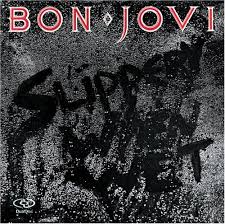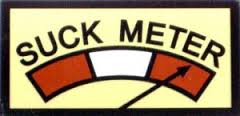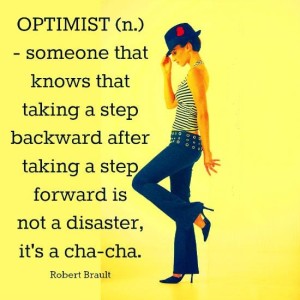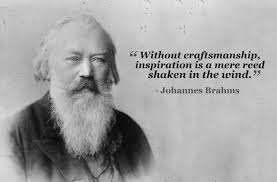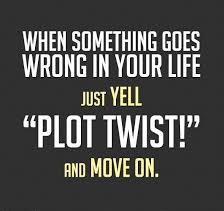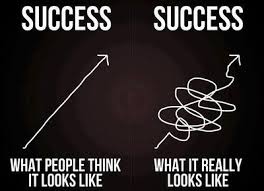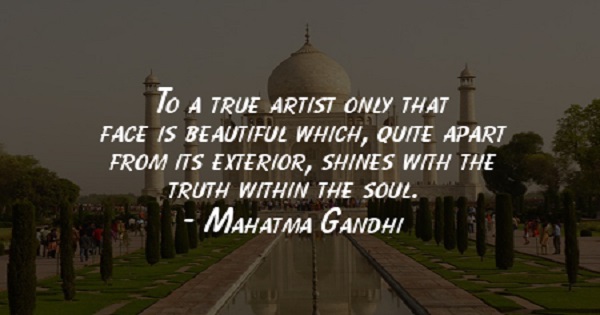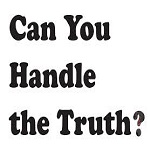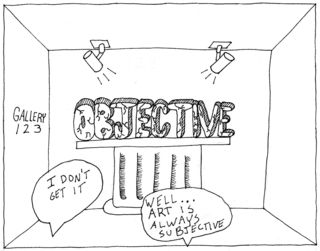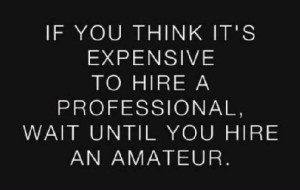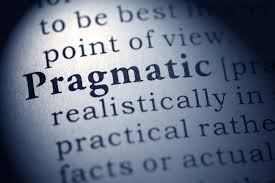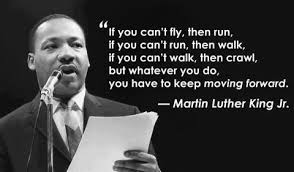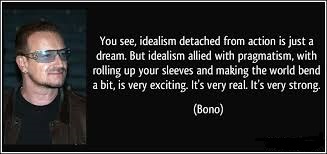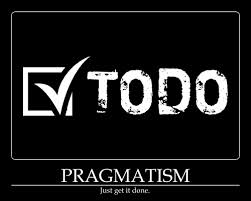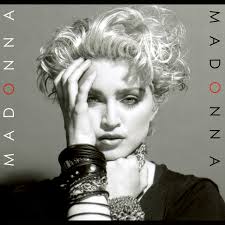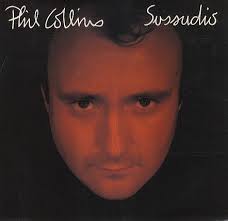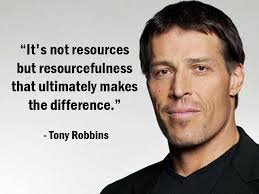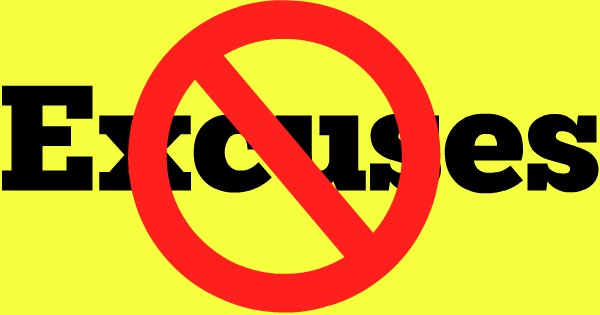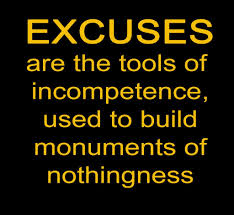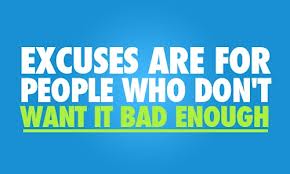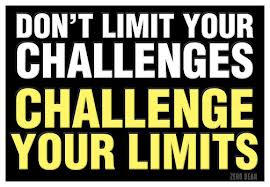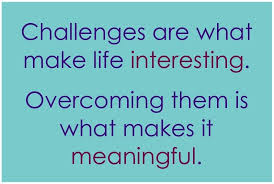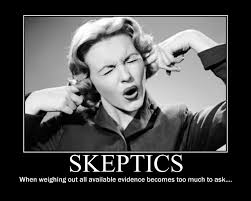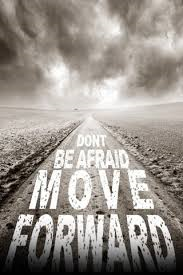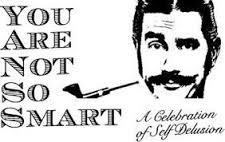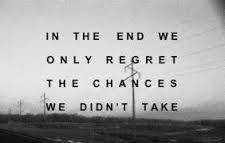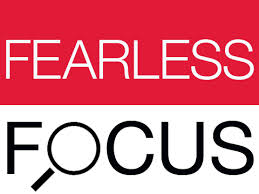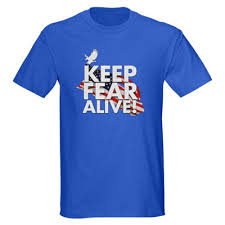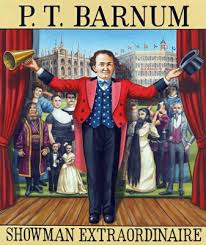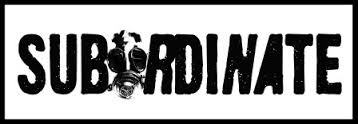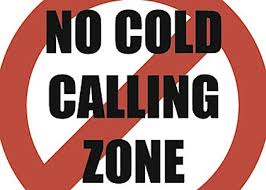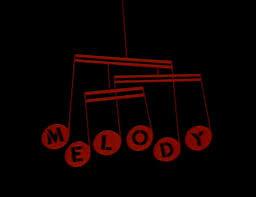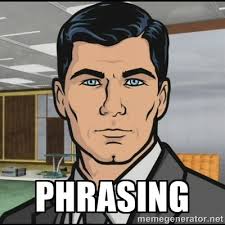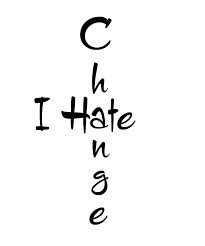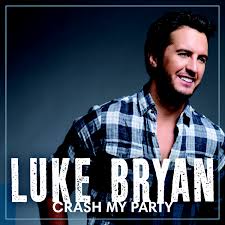By Johnny Dwinell
Art is a craft and as a craft, I realize that there are 2 kinds of craftsmen. Some are born with the innate ability to rise above all else with their art; they’re supremely gifted. Most are born with the love and fascination for a particular art form and choose to follow it.
Craftsmen require mentorship to succeed at making a living, of any kind, with their art.
Here’s the key, both kinds of craftsmen require mentorship to succeed at making a living, of any kind, with their art.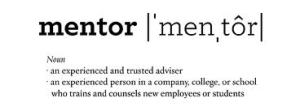
For the artist prodigy born with the skill set to emotionally move people with their craft, they need mentorship on all the tasks that orbit around a career created by amazing art. Just because they’re a born songwriter with a golden voice from God doesn’t mean the artist understands how exactly to make a record; which is different than recording.
It doesn’t mean the artist has an audio engineering skill set whatsoever.
It doesn’t mean the artist knows how to produce or make records
 It doesn’t mean the artist understands how to produce and it usually means they NEED a producer to foster them while they grow.
It doesn’t mean the artist understands how to produce and it usually means they NEED a producer to foster them while they grow.
It also doesn’t mean the artist is excellent at executing the business side of a career.
Maybe artists shouldn’t have to.
I totally get that.
But one should definitely understand the concepts and cash flow of their business. If you don’t someone else will; and they’ll be smart enough to know exactly what you don’t know.
Understanding and overseeing is one thing.
Doing the day to day is another.
If a business manager always has to get checks signed by the artist, it keeps them in line. They’d better have a story for every vendor the artist doesn’t immediately recognize.
We have a few multi-platinum artist friends, some are more involved in the business side and some prefer to turn a blind eye. It comes as no surprise to me that the artists who choose to turn a blind eye have many stories of getting screwed over and the business-minded artists have a different outlook.
Get it?
Here’s a link to the Beatles “Revolver†press conference August 24, 1966 (this is just interesting and entertaining to watch, btw). Notice how they put all the business questions onto their manager Brian Epstein.
Point of comparison: When Jon Bon Jovi finished the “Slippery When Wet†tour in 1987 he sold 12 million copies in the USA and had made about 93 million dollars from record sales, publishing, ticket sales, tour merchandise, etc. When the Beatles broke up in 1970 they had sold over 600 million records and each of them was worth about 10 million dollars (which equates to around 29 million each in 1987 dollars).
Bon Jovi is a businessman too. The Beatles weren’t back then.
So many of you lament the business side of the music but as I mentioned In a previous article, if the word “professional†is valid in your music career, then commerce must exist. Since commerce is present in ALL professional careers, one should really know about it, yes?
If you’re a consummate artiste then you need to at least understand what goes on in the business and sign your own checks or you will almost certainly be pilfered.
Even Oprah says, sign your own checks. How do you think she came to that realization?
Lastly, I want to share an exchange of ideas I had with a friend this past 2 days. My friend is a good artist who has made the short list for our reality show. He was expressing frustration with the music business and the broken system.
It is broken.
It’s up to us to fix it; which means reinventing it.
He was wishing it would go back to where “Record labels took a chance on real artists and real artists didn’t have to be so self-promotionalâ€.
I shared with him these thoughts. Wishing for any label to go back to the old way is like wishing for Pennzoil to make pancakes; it’s not in their business model.
One of the biggest selling country records 10 years ago was Shania Twain’s “Up!†which sold around 12 million copies. I believe Luke Bryan has the biggest selling country record last year and it was barely 2 million copies.
That’s only 16% of the sales from just 10 years ago.
How would you survive on 16% of your current income?
Then you factor in that each record sold generates 1/3 of the revenue it used to and you can clearly see that it’s not that the labels don’t want to develop talent, they can’t afford to. So wishing for it or worse, planning on development from a label is setting yourself up for failure.
Labels want to buy small, profitable businesses and expand on the spark that was started by the artist and the art.
That means that even if you intend to pass all the business off to someone else tomorrow, you still need to learn to be a business person today.
Not-for-nothing, but learning that now will help you to keep an intelligent eye on it later.
If you like this post, please SHARE it and/or LEAVE A COMMENT thank you!
[ois skin=”Bottom Post”]


